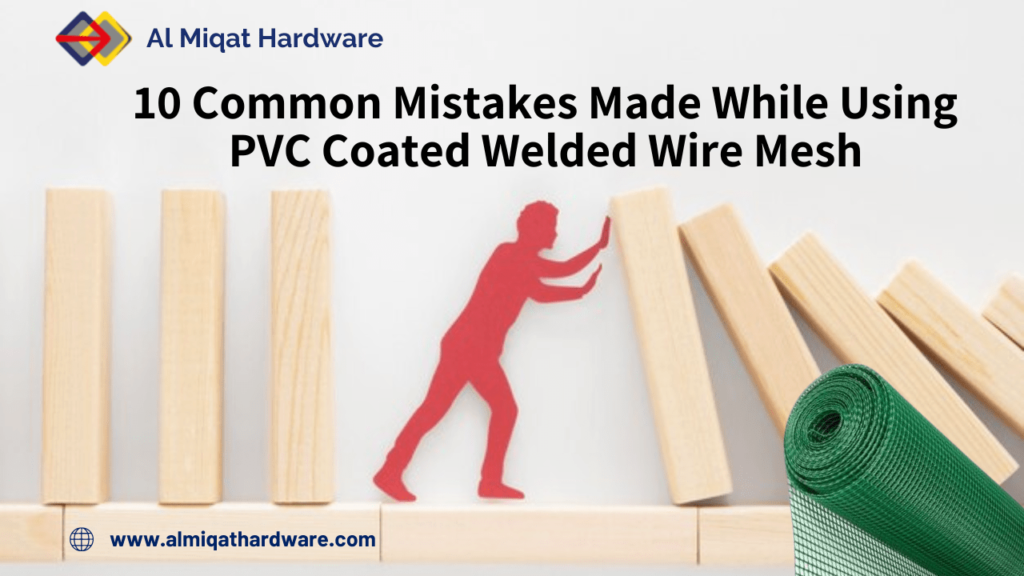Metal fencing stands as a durable and reliable solution for property boundaries, security, and aesthetic enhancement. However, over time, metal fencing is susceptible to rusting, which can compromise its structural integrity and visual appeal. Fortunately, there are several proactive measures and treatments available to combat rust and preserve the longevity of metal fencing. In this comprehensive guide, we’ll explore effective ways to deal with metal fencing rusting, ensuring your fencing remains sturdy, secure, and visually pleasing for years to come.
Understanding the Causes of Metal Fencing Rusting
Before delving into solutions, it’s crucial to understand the factors that contribute to metal fencing rusting:
Exposure to Moisture:
Metal fencing exposed to rain, snow, humidity, or irrigation systems is prone to rust formation due to prolonged exposure to moisture.
Oxidation:
When metal fencing comes into contact with oxygen in the air, a chemical reaction known as oxidation occurs, leading to the formation of rust on the surface.
Scratches or Damage:
Scratches, dents, or abrasions on the metal fencing surface can expose underlying layers of metal to moisture and oxygen, accelerating rust formation.
Effective Ways to Combat Metal Fencing Rusting
1. Regular Cleaning and Maintenance:
Remove Debris: Regularly clean metal fencing surfaces using a mild detergent and water solution to remove dirt, debris, and organic matter that can trap moisture and promote rust formation.
Inspect for Damage: Periodically inspect metal fencing for scratches, dents, or signs of corrosion, paying particular attention to joints, welds, and areas prone to moisture accumulation.
2. Apply Protective Coatings:
Primer and Paint: Apply a high-quality metal primer followed by a rust-resistant paint specifically formulated for outdoor use to create a protective barrier against moisture and oxidation.
Galvanization: Opt for galvanized metal fencing, which undergoes a zinc coating process that provides enhanced corrosion resistance, particularly in humid or coastal environments.
3. Rust Converters and Inhibitors:
Rust Converters: Use rust converter products that chemically react with rust to convert it into a stable compound, preventing further corrosion and providing a clean surface for subsequent treatments.
Rust Inhibitors: Apply rust inhibitor solutions or sprays to metal fencing surfaces to create a protective film that inhibits the formation of rust and slows down existing corrosion.
4. Powder Coating:
Powder Coating: Consider powder coating as a durable and long-lasting solution for protecting metal fencing against rust and corrosion. Powder coating involves applying a dry powder to metal surfaces, which is then cured under heat to form a tough, protective layer.
5. Sacrificial Anodes:
Galvanic Protection: Install sacrificial anodes, such as zinc or aluminum rods, near metal fencing structures to serve as sacrificial targets for corrosion, diverting rust formation away from the fencing material.
6. Implement Drainage and Ventilation:
Ensure Proper Drainage: Improve drainage around metal fencing installations to prevent standing water or moisture accumulation, which can accelerate rust formation.
Enhance Ventilation: Increase airflow and ventilation around metal fencing by trimming vegetation, clearing debris, or installing vents or grilles to reduce humidity and moisture retention.
7. Routine Inspections and Repairs:
Scheduled Inspections: Establish a regular schedule for inspecting metal fencing for signs of rust, corrosion, or damage, and address any issues promptly to prevent further deterioration.
Prompt Repairs: Repair minor scratches, dents, or corrosion spots immediately using rust-resistant primers, paints, or sealants to prevent rust from spreading and compromising the integrity of the fencing.
8. Protective Barrier Installation:
Anti-Corrosion Wraps: Install anti-corrosion wraps or barrier materials between metal fencing and adjacent materials, such as concrete or wood, to prevent galvanic corrosion caused by dissimilar metals.
9. Professional Maintenance Services:
Professional Treatments: Consider hiring professional maintenance services specializing in metal corrosion prevention and treatment to assess, treat, and maintain metal fencing installations for optimal performance and longevity.
Conclusion: Preserving the Integrity of Metal Fencing
In conclusion, dealing with metal fencing rusting requires a proactive approach that combines regular maintenance, protective coatings, and strategic interventions to combat corrosion effectively. By understanding the causes of rust formation and implementing preventive measures and treatments outlined in this guide, property owners can preserve the integrity, functionality, and aesthetic appeal of metal fencing for years to come. Whether through routine cleaning, protective coatings, or professional maintenance services, investing in rust prevention measures ensures that your metal fencing remains a reliable and durable solution for property boundaries, security, and enhancement. Don’t let rust corrode your fencing’s potential—take action today to protect and preserve your investment in metal fencing for the long term.
Have questions? Contact us for personalized assistance and wire mesh expert guidance.
Call: +971 65664526
WhatsApp: +971 553212331
Email: sales@almiqathardware.com


